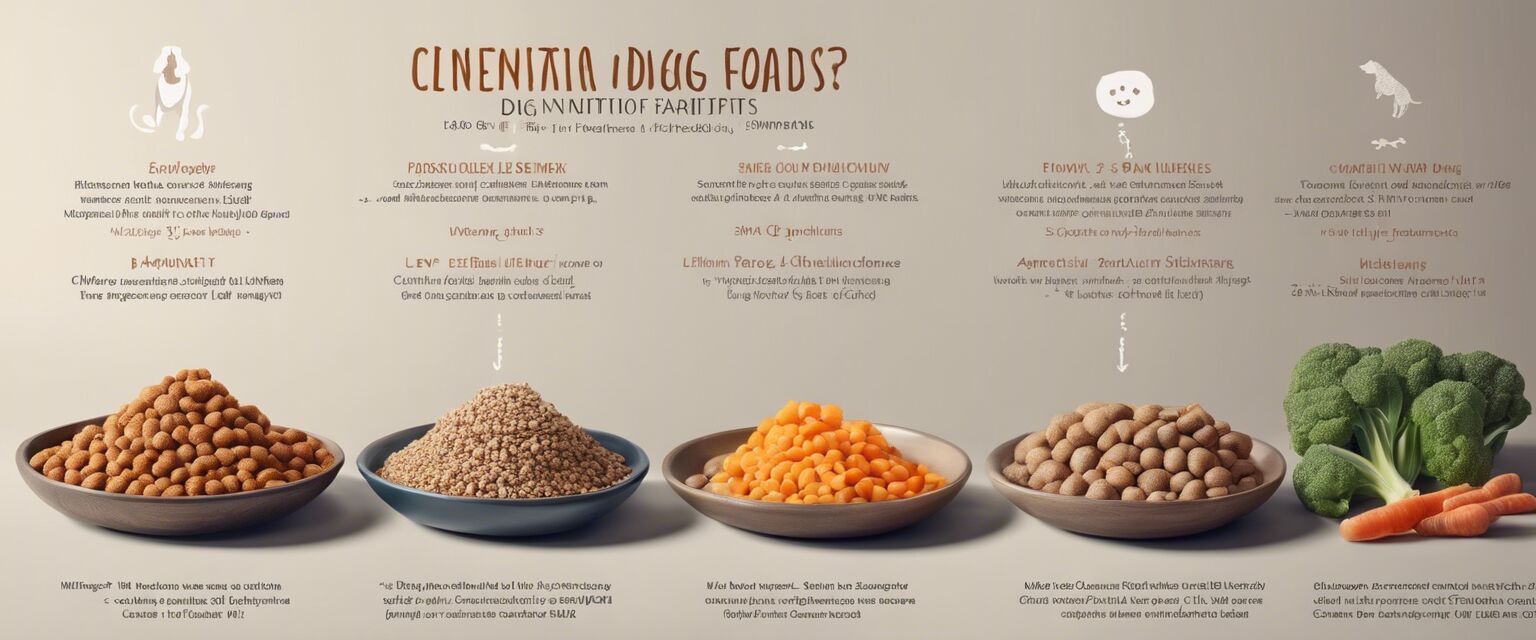
Canine Diseases and Prevention
Key Takeaways
- Understanding common canine diseases is fundamental for dog owners.
- Preventative care and regular check-ups are vital in maintaining your dog's health.
- Proper nutrition, exercise, and vaccinations play a key role in disease prevention.
- Recognizing early symptoms can significantly improve outcomes for your dog.
Dogs, as our loyal companions, deserve our utmost care and attention. Understanding the various canine diseases and their prevention is essential for ensuring they lead happy and healthy lives. This extensive resource will provide you with the necessary knowledge to take proactive measures in your dog's health care regimen.
Common Canine Diseases
Canine diseases can be broadly classified into different categories. Here are some of the most common diseases that affect dogs:
| Disease | Description | Common Symptoms |
|---|---|---|
| Canine parvovirus | A highly contagious virus that affects the intestinal tract. | Vomiting, severe diarrhea, lethargy. |
| Canine distemper | A viral infection that affects a dog's respiratory and nervous systems. | Coughing, fever, discharge from eyes/nose. |
| Lyme disease | A bacterial infection transmitted through tick bites. | Fever, lethargy, swelling of joints. |
| Heartworm disease | A serious and potentially fatal condition caused by parasitic worms. | Coughing, difficulty breathing, lethargy. |
| Hip dysplasia | An inherited condition where the hip joint doesn't fit into the hip socket. | Pain while walking, difficulty standing. |
Prevention Methods
Prevention is better than cure, especially when it comes to canine health. Below are significant steps that every dog owner should consider:
Beginner's tips for preventing canine diseases
- Regular veterinary visits: Schedule annual check-ups to keep track of your dogâs health.
- Vaccinations: Ensure your dog is up to date on vaccinations to prevent diseases like parvovirus and distemper.
- Proper nutrition: Feed a balanced diet rich in essential nutrients for optimal growth and health.
- Regular exercise: Engage your dog in daily physical activities to maintain a healthy weight and fitness level.
- Parasite prevention: Use flea, tick, and heartworm preventatives as recommended by your veterinarian.
Recognizing Symptoms Early
Being observant can make all the difference. Here are some signs to watch for:
| Symptom | Possible Condition |
|---|---|
| Loss of appetite | Various illnesses including dental problems or gastrointestinal issues. |
| Excessive thirst | Diabetes or kidney disease. |
| Changes in behavior | Anxiety, pain, or neurological disorders. |
| Unusual discharge or odor | Infections or other health issues. |
| Lethargy | Potential signs of serious conditions such as distemper or heart issuess. |
Importance of a Healthy Diet
Nutrition plays a crucial role in a dog's health. Ensuring they receive the right balance of nutrients helps in:
- Boosting the immune system
- Promoting a healthy coat
- Supporting overall well-being

Regular Vet Check-ups
A routine check-up with a veterinarian is vital for the early detection of health issues. Make sure to:
- Discuss any behavioral changes observed in your dog.
- Update on vaccinations as necessary.
- Address any breeding-specific health concerns with your vet.
FAQs About Canine Diseases
What should I do if my dog is sick?
If you suspect your dog is ill, consult your veterinarian as soon as possible for guidance.
How can I protect my dog from parasites?
Use veterinarian-approved preventatives and keep your dog's living area clean.
Are certain breeds more prone to certain diseases?
Yes, some breeds are genetically predisposed to particular health issues; itâs best to research your dogâs breed.
Can I prevent all diseases in my dog?
While you can't prevent every disease, you can significantly reduce risks through vaccination and care.
Conclusion
Dog ownership comes with responsibilities, and understanding canine diseases and prevention methods is vital for maintaining your canine friendâs health. Regular veterinary visits, proper nutrition, and awareness of potential symptoms can significantly reduce the risk of serious health issues. Always stay informed and proactive in caring for your beloved pet.
Pros
- Better understanding of canine health promotes proactive care.
- Preventive measures can save money and suffering.
- Regular check-ups improve overall pet wellness.
Cons
- Cost of veterinary care can be a concern for some owners.
- Some diseases may still occur despite preventative measures.
- Ongoing education is necessary to stay informed.
Additional Resources
- Exercise & Training - Enhance your dogâs physical wellbeing.
- Grooming & Care - Essential grooming practices for every breed.
- Health & Wellness - Broader insights on maintaining canine health.
- Mental Stimulation - Ideas to keep your dog mentally fit.
- Nutrition & Diet - Understanding proper nutrition for your dog.









